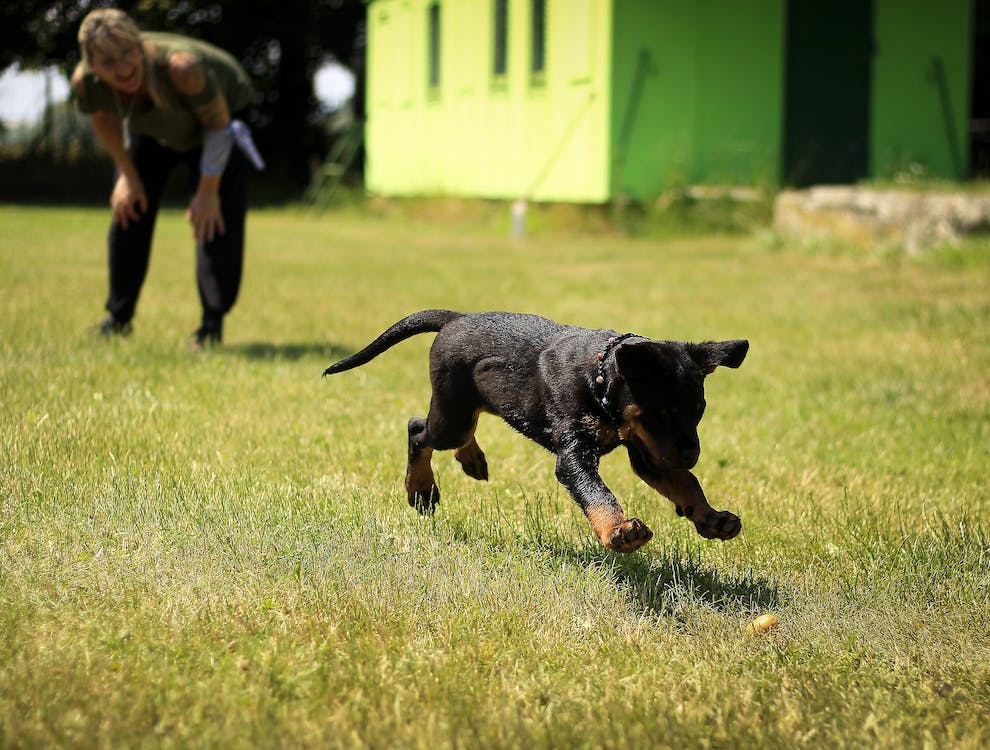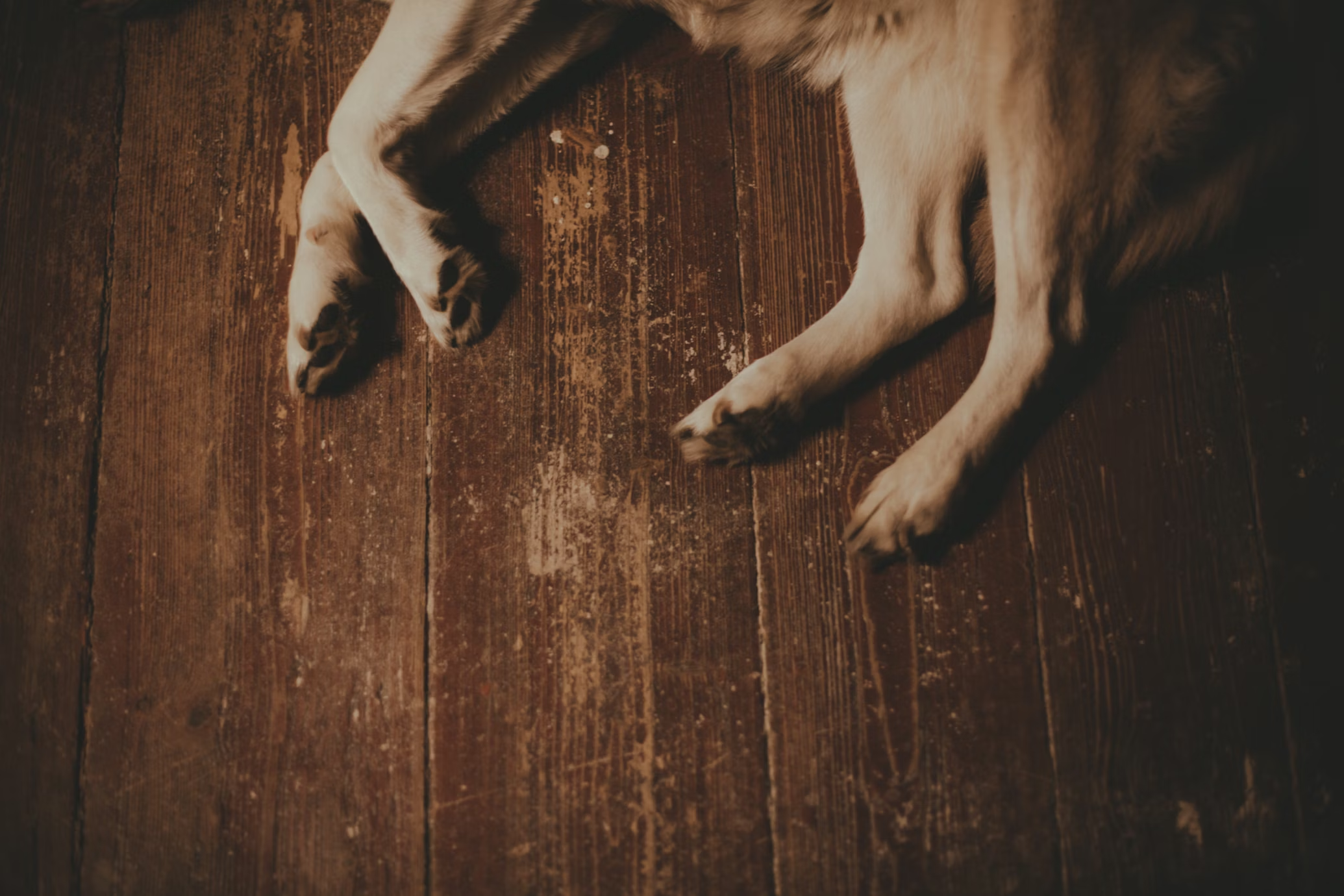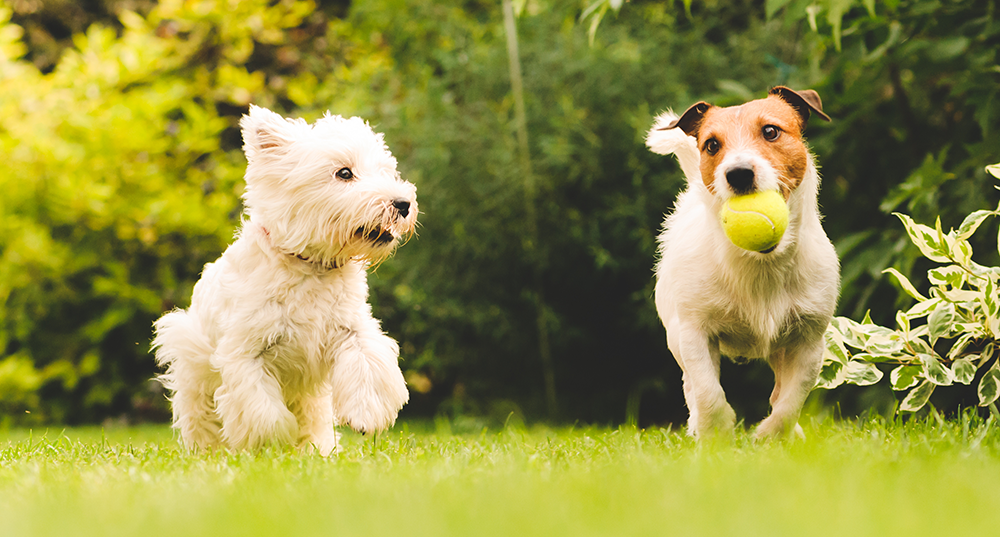Puppies have boundless energy and endurance. Learning effective ways to provide productive physical and mental stimulation is key to tiring them out. With attention and patience, you can tap into your puppy‘s innate play, curiosity and problem-solving drives to drain their energy in a positive way.
Provide Plenty of Physical Exercise
Puppies need huge amounts of physical activity daily to expend pent-up energy. Tailor the type and duration of exercise to their age:
- 8-12 Weeks: Multiple short 5-10 minute play sessions per day. Avoid forced running or jumping.
- 3-6 Months: 30-60 minutes total of activity like jogging, swimming, fetch. Monitor for signs of overexertion.
- 6+ Months: 45-60 minutes of more intense exercise like hiking, running, agility training. Increase duration gradually.
Activities like running, swimming, fetching, hide and seek or playing with other puppies provide beneficial movement-based stimulation.
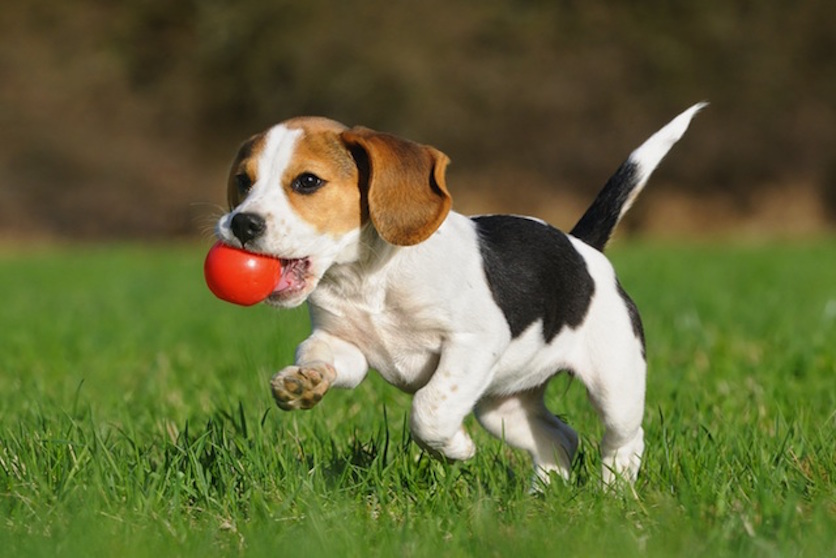
Engage Their Natural Curiosity
Puppies are innately investigative and use much mental energy exploring surroundings. Allow supervised investigative play:
- Scatter kibble in grass or hide small treats to sniff out.
- Provide cardboard boxes, paper towel rolls or empty plastic bottles to inspect.
- Let them carefully examine new objects and toys. Rotate frequently to maintain novelty.
- Take them on slow neighborhood walks or hikes to safely discover sights, sounds and smells.
- Teach them beginner nosework by hiding treats to find using scent cues.
Satisfying their curiosity provides mental stimulation which can be just as tiring as physical exertion.
Incorporate Brain Games
In addition to investigative play, engage your puppy’s mind using fun training games and puzzles. Some great options include:
- Basic obedience skill training like sit, stay, down, come. Keep sessions very short and positive.
- Food puzzle toys where kibble is “earned” by manipulating the device.
- Hide and seek with favorite toys, prompting them to search and return the item to you.
- Scatter small kibble handfuls in shallow water for them to bob and snap at as they swim.
- “Find it” games where you hide and call them to locate you for a treat reward.
These brain teasers fully exhaust mental energy. Always keep training sessions brief and upbeat.
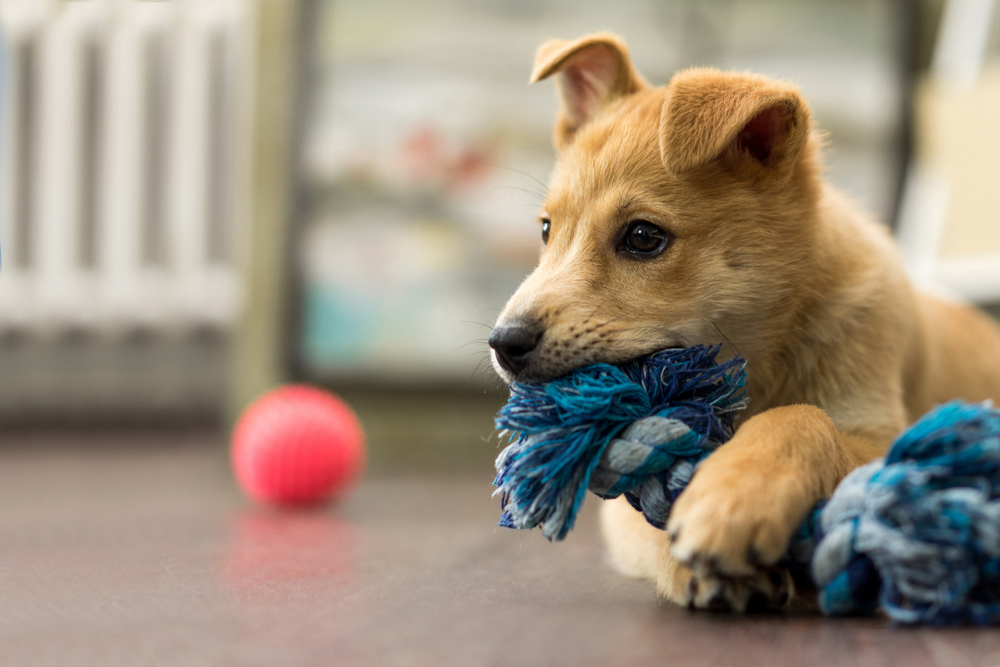
Provide Plenty of Potty Breaks
Don’t underestimate how much energy puppies burn playing, walking and investigating outside during potty breaks! Time spent productively tinkling also means:
- They are less likely to have accidents indoors due to pent up energy.
- The exercise and terrain changes outside tire them.
- Exposure to new sights and smells provides mental stimulation.
- More physical movement occurs versus being cooped up.
Frequently taking your puppy out prevents accidents and provides a change of scenery which takes energy!
Know When To Stop
While an energetic puppy may keep going strong, be sure to stop play well before they are exhausted. Watch for signals:
- Lagging behind or reduced intensity.
- Panting or seeking shade.
- Ignoring toys or seeming disinterested.
- Nipping or behaving rambunctiously showing overstimulation.
- Seeking affection or pets rather than play.
Don’t overdo it to the point of exhaustion. Aim to end activity on a positive note before crankiness sets in.
Provide Quiet Recovery Time
Be sure to meet your puppy’s need for rest following vigorous activity and play. Allow 1-2 hours of quiet recovery time:
- Replenish nutrients with a healthy snack or meal.
- Offer access to fresh water.
- Provide a peaceful place to nap undisturbed.
- Gently brush or massage them to further relax muscles.
- Play soft music and avoid overstimulation from kids or other pets.
Proper rest following tiring play is just as crucial as the exercise itself. Support their recuperation.
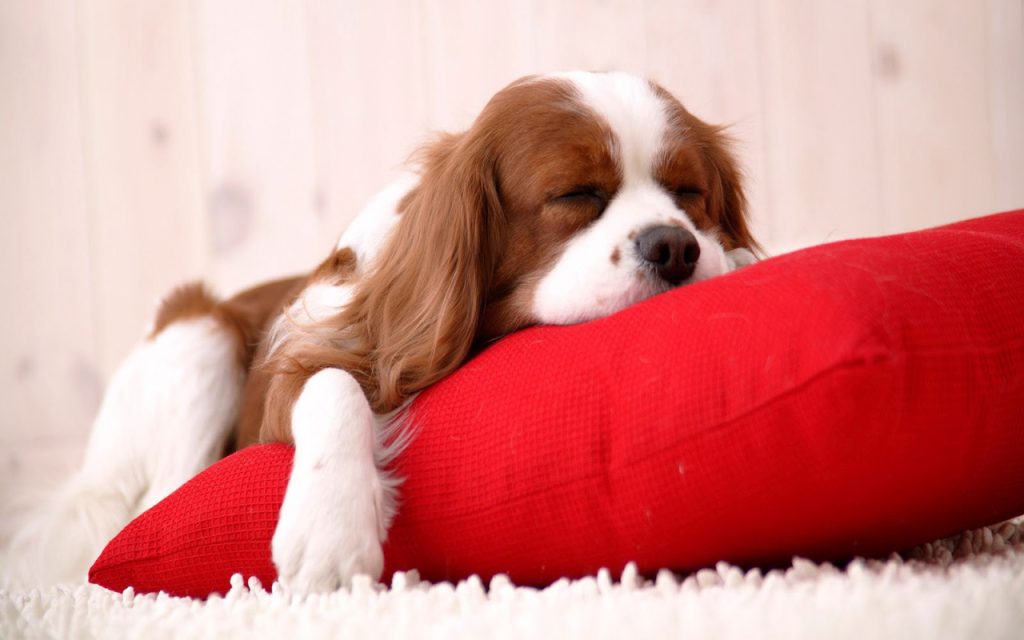
Conclusion
Tiring out a lively puppy requires meeting needs for both energetic play and mental stimulation. Tailor activities to their age-appropriate abilities. Watch for signs of overexertion and allow proper rest afterwards. A blend of physical and mental exercise will fully drain exuberant puppy energy in a rewarding way to set them up for success. Above all, remember that a tired puppy equals happy puppy and owner!
Frequently Asked Questions About Tiring Out Puppies
How much exercise does my young puppy need?
Start with 5-10 minutes at 8 weeks, increasing to 30-60 minutes at 12 weeks, then 45-60 minutes at 6 months as their bodies mature.
Are food puzzle toys safe for small or very young puppies?
Supervise closely and use toys sized appropriately to avoid choking risks. Monitor that they are not ingesting pieces.
Is it ok to let my puppy play with adult dogs?
Carefully supervise play with gentle adult dogs. Don’t allow roughhousing. Intervene at first signs of overstimulation for puppy’s safety.
Why should I stop exercise before my puppy seems tired out?
Pushing them to complete exhaustion can make them crabby and prone to injury. End on a positive note and leave them wanting more for next time.
How long should puppy naptimes be after play sessions?
1-2 hours is ideal for recuperation. Provide a quiet, comfortable area and replenish food and water when they awaken.
